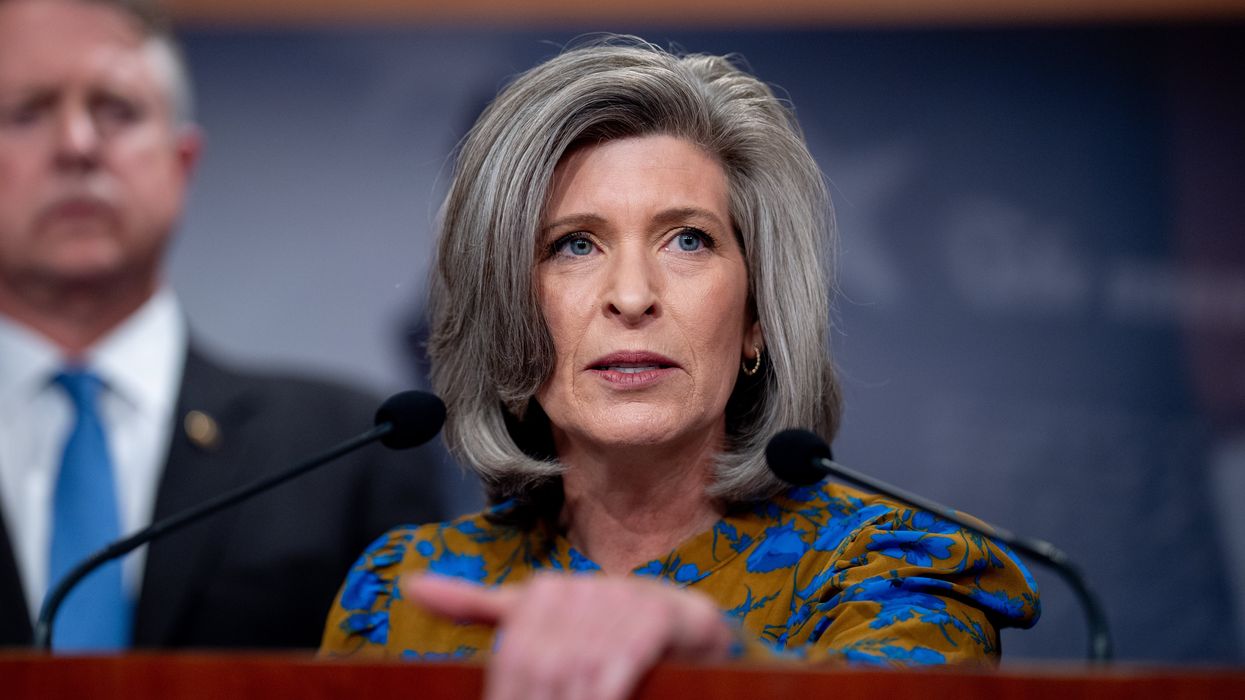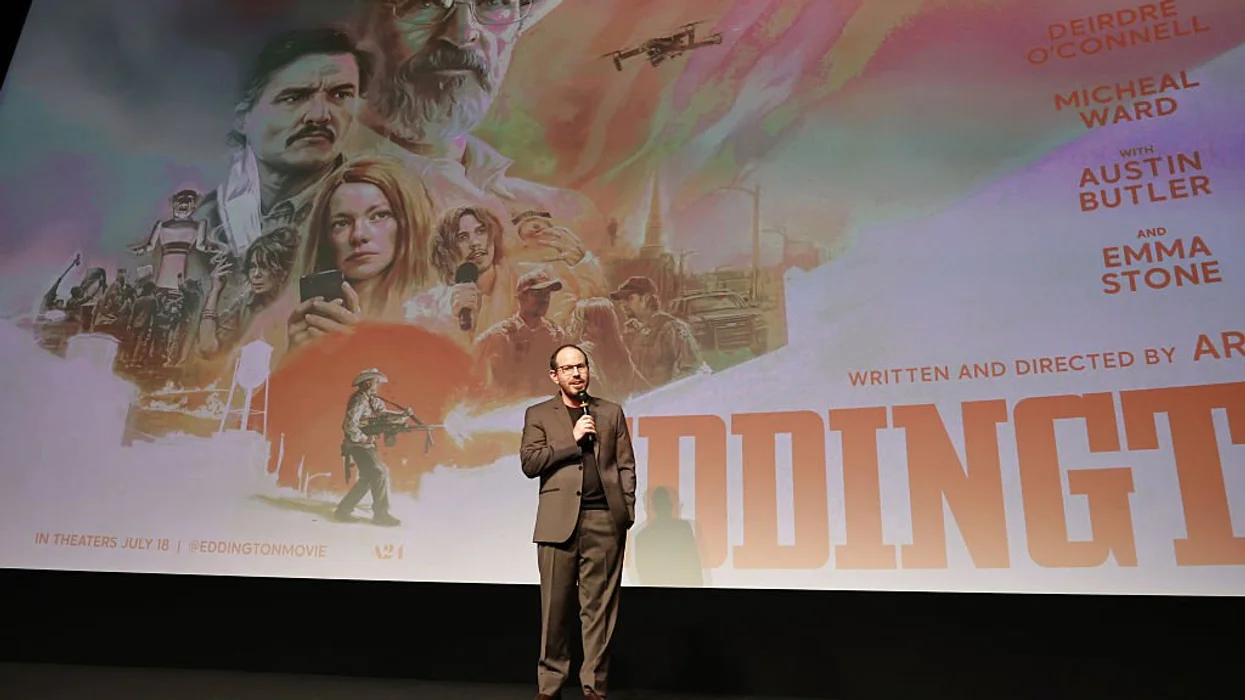
© 2025 Blaze Media LLC. All rights reserved.
Day of Reckoning': Chris Christie Tackles Massive State Debt on '60 Minutes
December 20, 2010
"The credit card's maxed out, and it's over."
It could be the biggest crisis since the collapse of the housing market.
That's how experts are describing state budgets, which are becoming so spend-heavy that municipalities are now drowning in debt and unrealistic spending obligations.
Here's a taste: California now spends more on public employee pensions than it does on the state university system; Arizona has sold its state capital, supreme court chambers, and legislative building to private investors; and Illinois, which spends twice as much as it takes in in taxes, is months behind on Medicaid payments and some gas stations won't even take State Trooper credit cards.
Those examples were included in a "60 Minutes" special on Sunday, which detailed the growing problem of mounting state debt. It's a problem that includes blatant fiscal irresponsibility and borrowing money to delay what NJ Gov. Chris Christie calls in the piece the "day of reckoning." The segment also features Meredith Whitney, one of the most respected women on Wall Street who once predicted the dismal housing collapse. In her mind, the state budget crisis will be just as crippling.
Business Insider calls the piece, "what everyone will be talking about today":
Last week, the Manhattan Institute's Steve Malanga called the state budget problem a "fiscal train wreck," and compared benefits in the public sector to benefits in the private sector. In short, he confirms Christie's call for cuts:
One big area of concern is employee costs, including not only pay but benefits. According to the governor's association report, the average state worker now earns $39.83 an hour in compensation, including benefits, compared to an average of $27.49 in the private sector. The big differentials are in health benefits ($4.43 per hour in the public sector vs. $2.01 in the private sector), and in pension costs ($3.23 per hour in the public sector vs. 94 cents per hour in private industry). As the report noted, "To have any hope of achieving fiscal health in the future, states will need to redesign their benefit systems."
Want to leave a tip?
We answer to you. Help keep our content free of advertisers and big tech censorship by leaving a tip today.
Want to join the conversation?
Already a subscriber?
more stories
Sign up for the Blaze newsletter
By signing up, you agree to our Privacy Policy and Terms of Use, and agree to receive content that may sometimes include advertisements. You may opt out at any time.
Related Content
© 2025 Blaze Media LLC. All rights reserved.
Get the stories that matter most delivered directly to your inbox.
By signing up, you agree to our Privacy Policy and Terms of Use, and agree to receive content that may sometimes include advertisements. You may opt out at any time.





